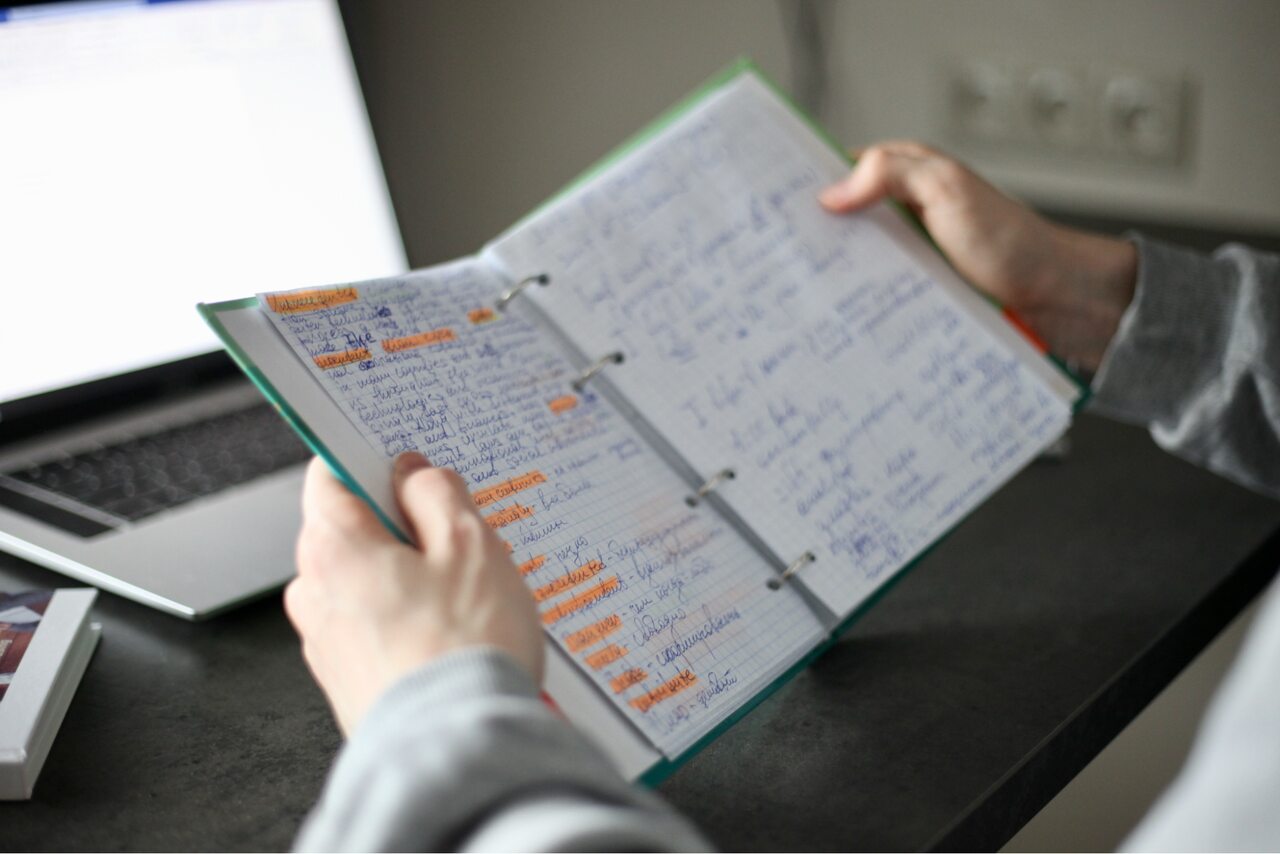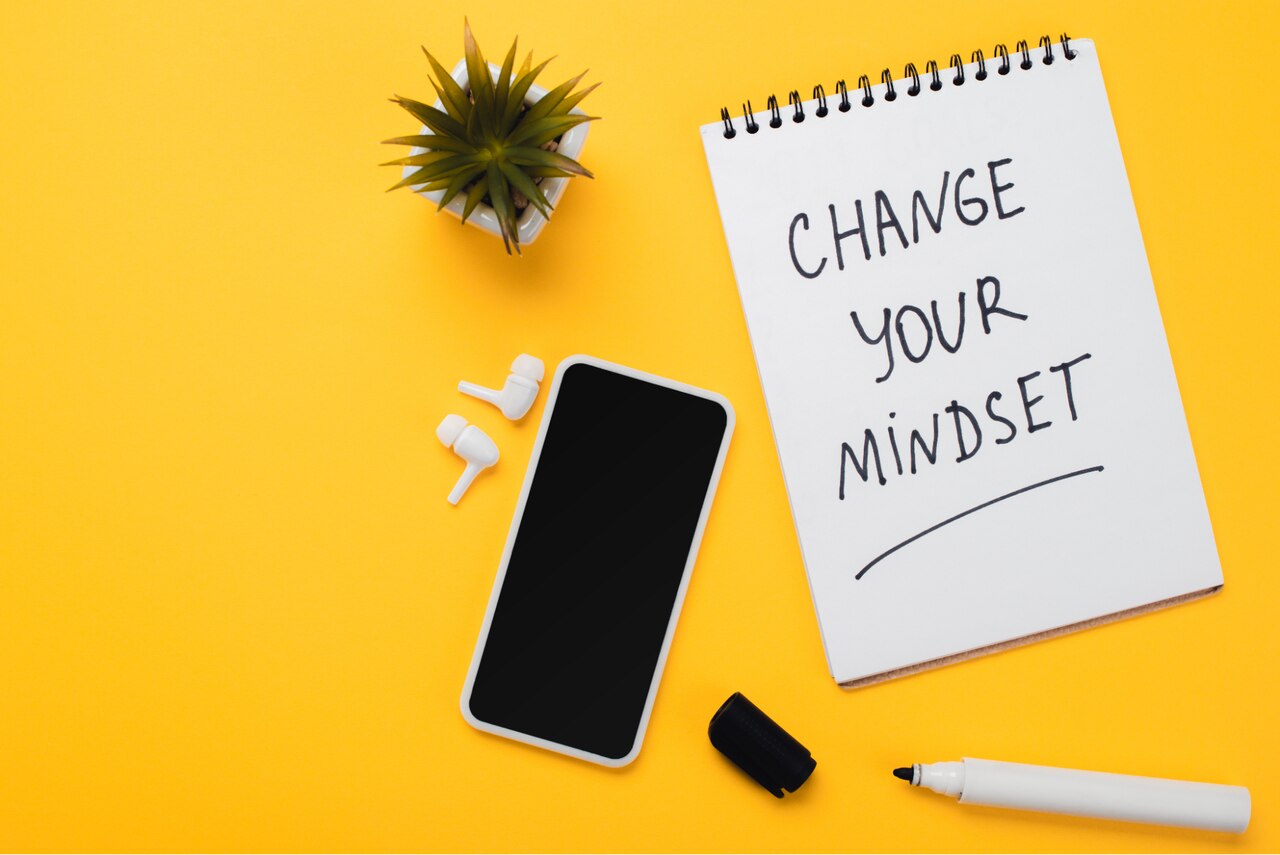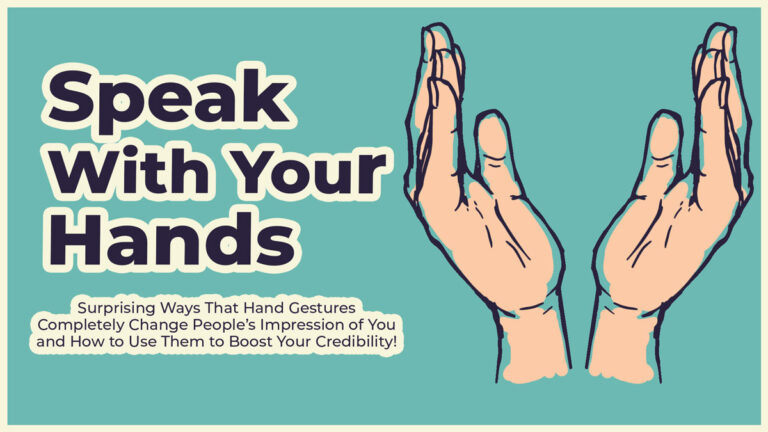Shyness affects and impacts our personal and professional lives.
It often prevents us from expressing ourselves effectively.
Many people struggle with communication anxiety and feel nervous or uncomfortable in social situations.
However, shyness isn’t a fixed trait.
With practice and the right techniques, it’s possible to build confidence and become a more effective communicator.
This transformation can lead to:
- improved relationships
- great career opportunities
- increased self-esteem
In this blog, we’ll share 5 practical strategies to help you overcome shyness and develop confidence as a communicator.
These methods are based on proven techniques and can be implemented gradually to suit your comfort level.
1. Prepare Thoroughly

Preparation is crucial for building confidence in communication.
Before any important interaction, research your topic or audience thoroughly.
Write down key points you want to convey and practise them aloud, paying attention to your tone and pacing.
Anticipate potential questions or challenges and prepare responses in advance.
This level of preparation will increase your knowledge and reduce anxiety.
It allows you to approach conversations with greater confidence.
2. Adopt a Growth Mindset

Viewing communication challenges as opportunities for growth rather than threats is essential.
Embrace each interaction as a chance to learn and improve, not as a test of your worth.
When you make mistakes, analyse them objectively and identify areas for improvement.
Celebrate small successes, like speaking up in a meeting or initiating a conversation with someone new.
Remember that confidence develops through experience, and every interaction contributes to your progress.
3. Expose Yourself Gradually

Start with low-pressure social situations and gradually work your way up to more challenging ones.
Begin with simple tasks like making small talk with a cashier or commenting in an online forum.
As you become more comfortable, progress to participating in group discussions or giving short presentations.
Set small, achievable goals for each interaction, focusing on the process rather than the outcome.
This gradual approach helps build your confidence incrementally.
It makes larger communication challenges feel more manageable over time.
4. Listen Actively

Concentrate on understanding and responding to others rather than focusing on your own insecurities.
Practise active listening by maintaining eye contact, nodding, and using verbal cues to show engagement.
Ask open-ended questions to encourage deeper conversations and demonstrate genuine interest in others’ perspectives.
This approach eases your anxiety and helps you build stronger connections and become a more effective communicator.
5. Use Confident Body Language

Your physical posture and gestures can significantly impact how you feel and how others perceive you.
Stand or sit up straight, maintaining an open posture with uncrossed arms and legs.
Practise confident stances before important interactions, such as standing with your shoulders back and head held high.
Make eye contact and smile genuinely during conversations.
These physical adjustments can help you feel more confident and project that confidence to others.
Acknowledge Your Progress as You Practise
Transforming shyness into confidence is a process that requires consistent effort and practice.
It’s normal to experience setbacks or moments of doubt along the way.
The key is to persist, learn from each experience, and acknowledge your progress, no matter how small.
As you implement these strategies, you’ll likely notice gradual improvements in your communication skills and confidence.
You may find yourself more comfortable expressing your ideas, connecting with others, and participating in social situations that once caused anxiety.
These changes can lead to new opportunities in both your personal and professional life.
Start by choosing one of these strategies and commit to practising it in the coming week.
Remember that every confident communicator was once a beginner.
With time and effort, you can develop the skills and confidence to express yourself effectively in any situation.


